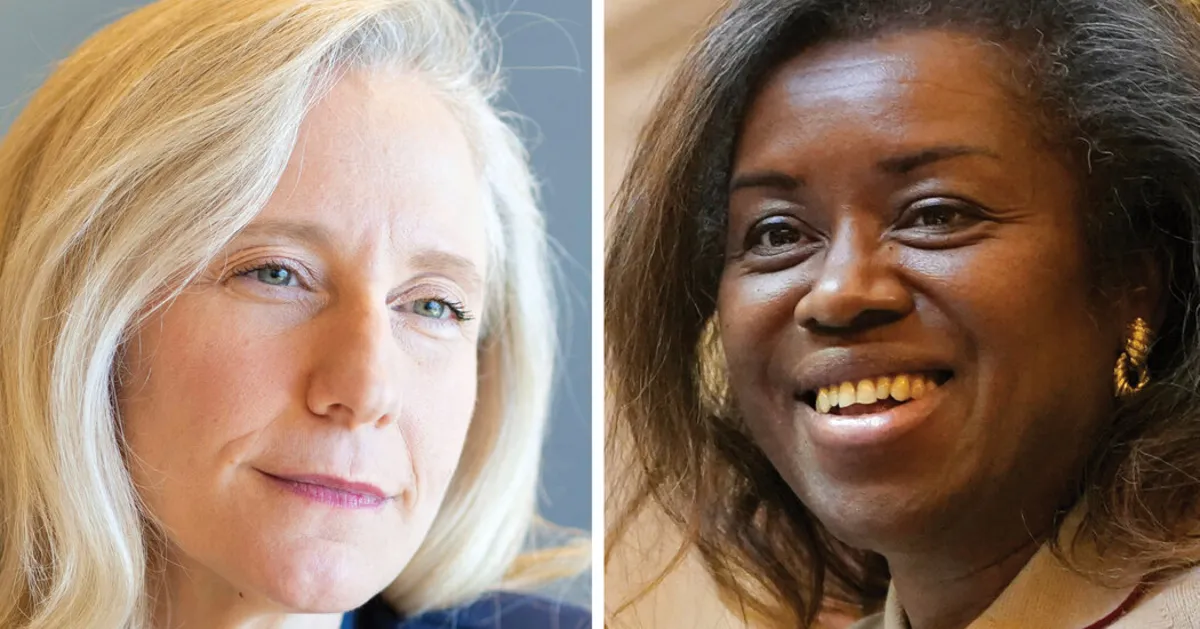
The political landscape of Washington D.C. significantly influences the gubernatorial elections in Virginia, especially in odd-numbered years. These elections are often seen as a barometer for the nation's sentiment towards its newly elected president. In the current political climate, Democrats enjoy a substantial advantage in Virginia, setting the stage for a pivotal election.
Former Representative Abigail Spanberger, a seasoned C.I.A. officer, has emerged as the ideal candidate for Democrats in the competitive Virginia gubernatorial race. Spanberger has successfully united her party behind her candidacy, positioning herself as a moderate who is willing to challenge her party's leadership when necessary. This approach resonates well in the politically diverse landscape of purple Virginia.
As of June 5, campaign finance reports reveal that Spanberger boasts an impressive war chest of $14.3 million, significantly outpacing her opponent, Lt. Gov. Winsome Earle-Sears, who has raised less than $3 million. This financial advantage is critical as it allows Spanberger to engage in extensive campaigning, thereby increasing her visibility and outreach to voters across the state.
Winsome Earle-Sears, a socially conservative Republican, faces significant challenges in her bid for the governorship. Despite her experience as the current Lieutenant Governor, she has struggled to maintain financial competitiveness in the early months of the race. This puts her at a disadvantage as the election approaches, especially in a state that typically favors the party that is not in the White House.
This year's election is unique, primarily due to the impact of former President Donald Trump's policies on Virginia's large population of federal workers. His aggressive tactics for government reduction have resonated negatively within this demographic. Consequently, Democrats see Spanberger's campaign as a crucial opportunity to voice their opposition to Trump's administration and its implications for Virginia.
In a recent interview, Spanberger highlighted the concerns expressed by voters, saying, “The list goes on and on. Sometimes it’s the chaos, sometimes it is the anger. Sometimes they’ll name the president.” This feedback underscores the palpable frustration among constituents, which Spanberger aims to address in her campaign.
As the gubernatorial election approaches, all eyes will be on Virginia to see if the Democratic momentum can translate into electoral success, particularly in a year that could set the tone for the upcoming national elections.